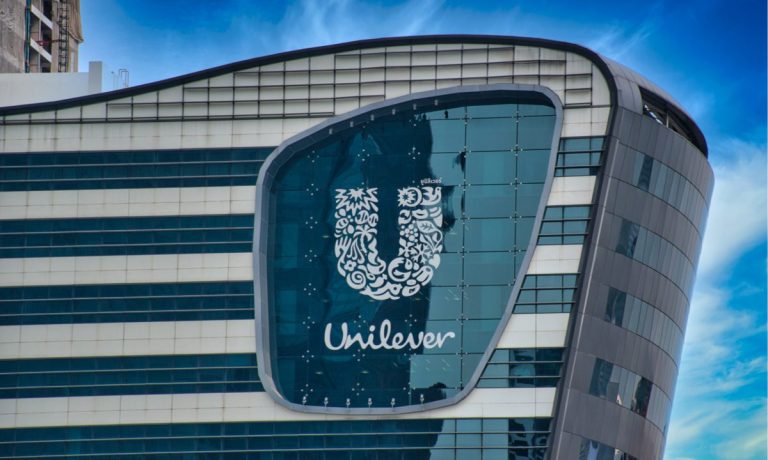Upward Pricing Strategy, Doubling Down on B2B eCommerce Pay Off for Unilever

According to a recent PYMNTS report, European supermarkets’ own-brand labels have increased their market share compared to more expensive branded goods, triggering a drop in consumer-packaged goods (CPGs) sales.
See also: CPG Brands Lose Sales as EU Consumers Opt for Store-Brand Items
Despite this, one of the continent’s largest producers of CPGs, British multinational Unilever, has reported an H1 operating profit of €4.5 billion, showcasing a modest 1.7% year-over-year growth that is nonetheless likely to satisfy shareholders, considering the challenging market conditions.
As the group’s CEO Alan Jope told investors during the earnings call Tuesday (July 26), growth has been sustained thanks to upwards pricing, while “the pricing momentum established during the second half of 2021 and early 2022 has continued and we have landed increases across all geographies and divisions.”
The company’s pricing strategy, which contributed to an underlying price growth (UPG) of 11.2% in the previous four quarters, has also helped to mitigate negative growth in underlying volume, which declined by 2.1% in the same period.
The price hikes that Unilever has imposed across its portfolio have been necessary to remain profitable amid high-cost inflation on the supply side. However, despite the growing consumer preference toward discount brands and supermarket own-label goods, Jope highlighted that Unilever continues to target all price points and is “prepared to take a short-term hit on competitiveness as [it leads] on pricing.”
Taking the lead on pricing may well prove to be a shrewd strategic decision as Unilever expects that cost inflation has yet to peak. By raising prices sooner rather than later, the company is giving consumers a chance to readjust their expectations with respect to brand value in advance of competitors following suit.
Additionally, with a global presence across sectors including food, health and beauty and homeware, Unilever is one of the businesses best positioned to gauge changing consumer sentiment and behavior at an international level.
Related: HDBank and Unilever Vietnam Partner to Finance Distributors, Retailers
As European consumers tighten their purse strings in response to rising inflation, Unilever’s H1 earnings reveal that the global picture isn’t purely one of declining consumer confidence.
Premium beauty and personal care brands showed impressive growth in emerging markets. Unilever’s Chief Financial Officer, Graeme Pitkethly, noted that while “emerging markets are not one homogeneous group, the right local insights create opportunities for brands [to offer] great products with great value and not just for the lowest price.”
In Europe and the U.S., strong growth in the ice cream market — where Unilever has a considerable presence — has been fueled by record-breaking summer temperatures and a post-COVID resurgence in out-of-home spending.
B2B Drives Online Sales
Across all markets, eCommerce as a share of total sales volume has continued to increase in the last year, the company noted, adding that in the space of five years, eCommerce has grown from accounting for just 2% of Unilever’s turnover to 14%.
Breaking down the group’s eCommerce growth reveals that direct-to-consumer (D2C) online sales remained flat, which “reflects primarily the effect of the COVID lockdowns in China,” Pitkethly explained.
Counteracting the plateau in D2C eCommerce, the biggest growth in the sector came from omnichannel platforms and business-to-business (B2B) sales.
Across its portfolio of brands, Unilever experienced an impressive 69% increase in online B2B underlying sales, and in acknowledging the growing importance of digital platforms, Pitkethly said the company will “continue to invest in channel expertise [and] channel-specific innovation.”
For all PYMNTS EMEA coverage, subscribe to the daily EMEA Newsletter.